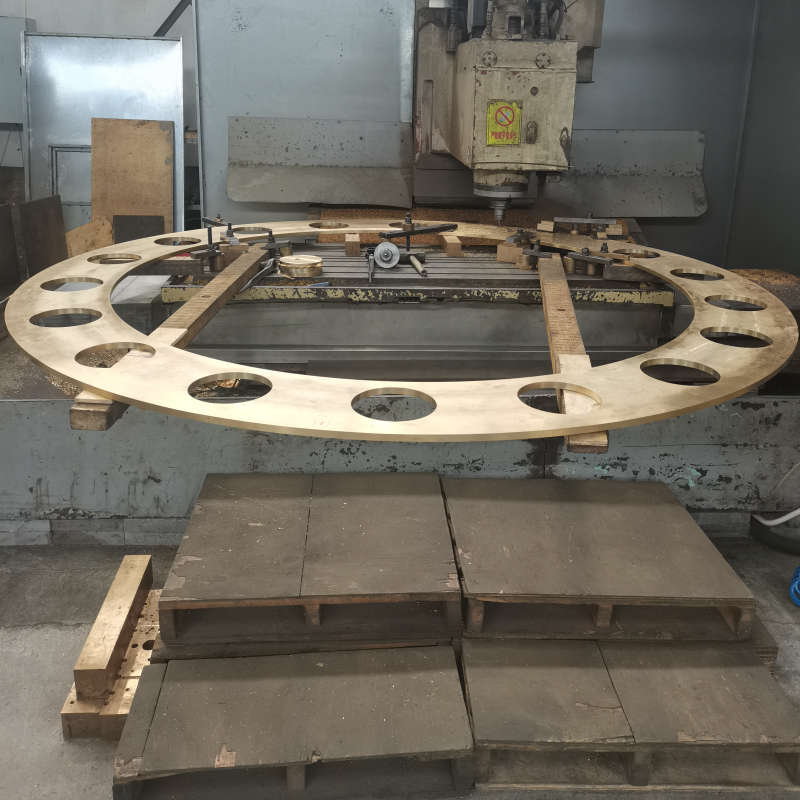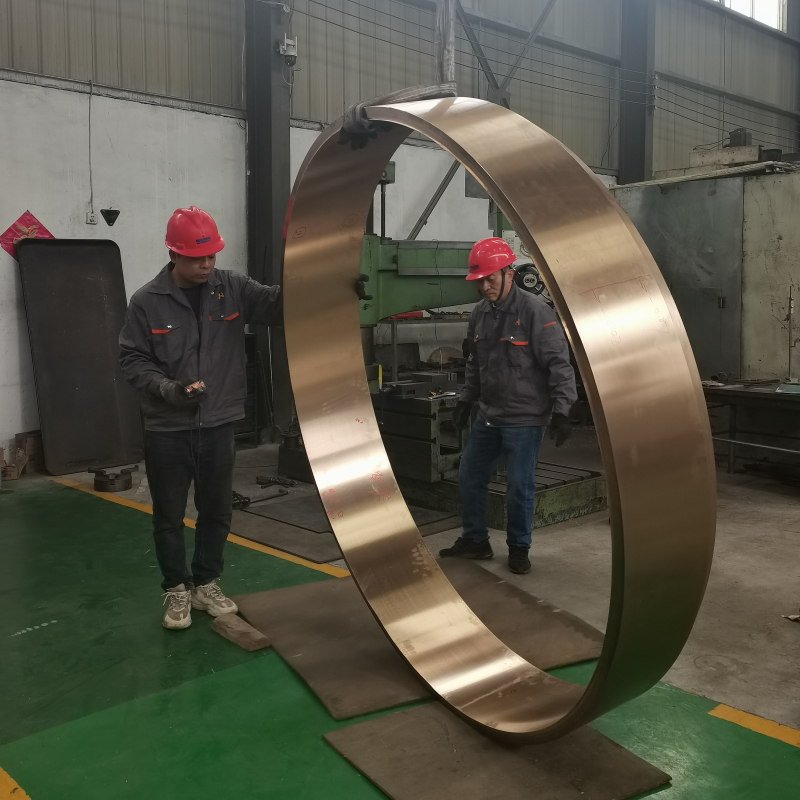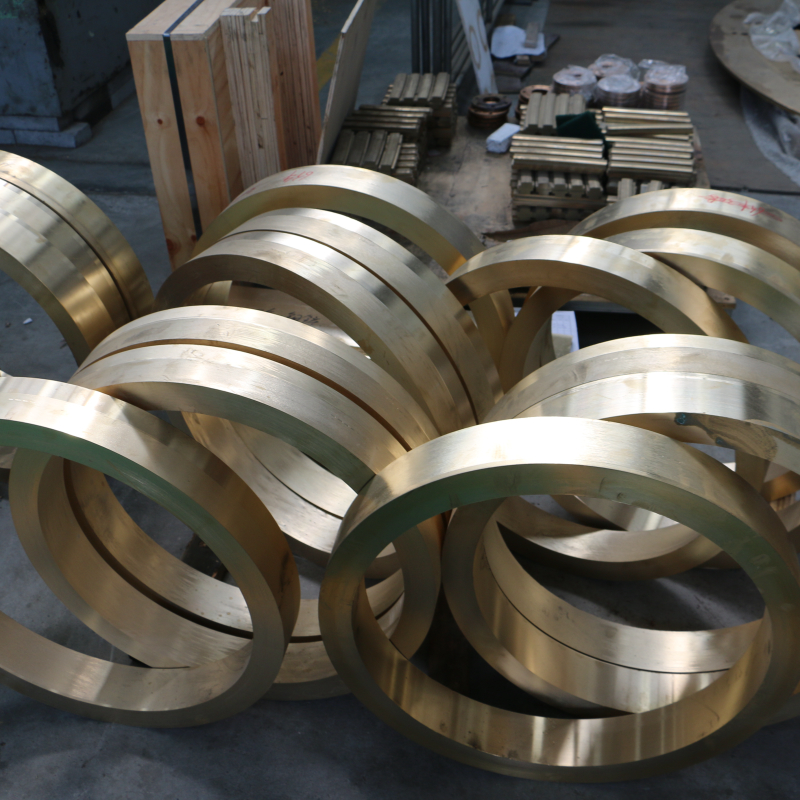Different materials of copper gasket sealing performance there are some differences, mainly in the following aspects:
First, pure copper gasket
Sealing performance characteristics:
Pure copper has good ductility and flexibility, can be in the bolt fastening force under the action of tightly adhering to the sealing surface, the formation of a good sealing effect.
Pure copper hardness is relatively low, easy to deform, so for the less flat sealing surface can also have a good adaptability.
The corrosion resistance of pure copper is general, in some corrosive environments may need to be surface treatment or choose other materials of the gasket.
Applicable scenes:
Suitable for general sealing occasions in low and medium pressure, low and medium temperature, such as ordinary pipe connection, valve sealing, etc..
For sealing requirements are not high, cost-sensitive applications, pure copper gasket is an affordable choice.

Second, brass gasket
Sealing performance characteristics:
Brass is a copper-zinc alloy with high strength and hardness, compared with pure copper gaskets, its sealing performance is more stable and reliable.
Brass has better corrosion resistance, in some mildly corrosive environment can also maintain good sealing performance.
Brass gasket has good processing performance, can be made into various shapes and sizes to meet different sealing needs.
Applicable scene:
It is suitable for sealing occasions of medium-high pressure and medium-high temperature, such as chemical equipment and pressure vessels.
In some of the sealing performance and corrosion resistance have certain requirements of the occasion, brass gasket is a good choice.

Third, bronze gasket
Sealing performance characteristics:
Bronze is a copper-tin alloy or copper-aluminum alloy, etc., with high strength, hardness and wear resistance.
Bronze has very good corrosion resistance and can maintain good sealing performance in various corrosive environments.
Bronze gaskets have good elasticity and can maintain a stable sealing effect when the pressure changes.
Applicable scene:
It is suitable for sealing occasions in high-pressure, high-temperature and strong corrosive environments, such as petrochemical and marine engineering.
In some of the sealing performance requirements are very high, the working environment is harsh, bronze gasket is the first choice.

Fourth, other special materials of copper gasket
Tin-plated copper gasket:
Tin plating on the surface of the copper gasket can improve its corrosion resistance and sealing, especially for some easy to chemical reaction with copper media, tinned copper gasket can effectively prevent corrosion and leakage.
Tin plating layer can also play a lubricating effect, reduce the friction during installation and disassembly.
Clad Copper Gaskets:
Clad copper gaskets are usually made by cladding a copper substrate with a layer of other material, such as polytetrafluoroethylene (PTFE). These gaskets combine the strength of copper with the special properties of other materials, such as the corrosion resistance and low coefficient of friction of PTFE.
Covered copper gaskets are used in special sealing applications where there is a need to prevent sticking, reduce friction or where there are special requirements for the sealing material.
In summary, different materials of copper gaskets have their own characteristics in sealing performance, should be based on specific working conditions and sealing requirements to choose the right material.
| Previous:What are the differences in the operating temperatures of made of flange copper sleeves different materials? | Next:What problems with a gasket can a pressure test reveal? |




 Copyright © 2022
Copyright © 2022